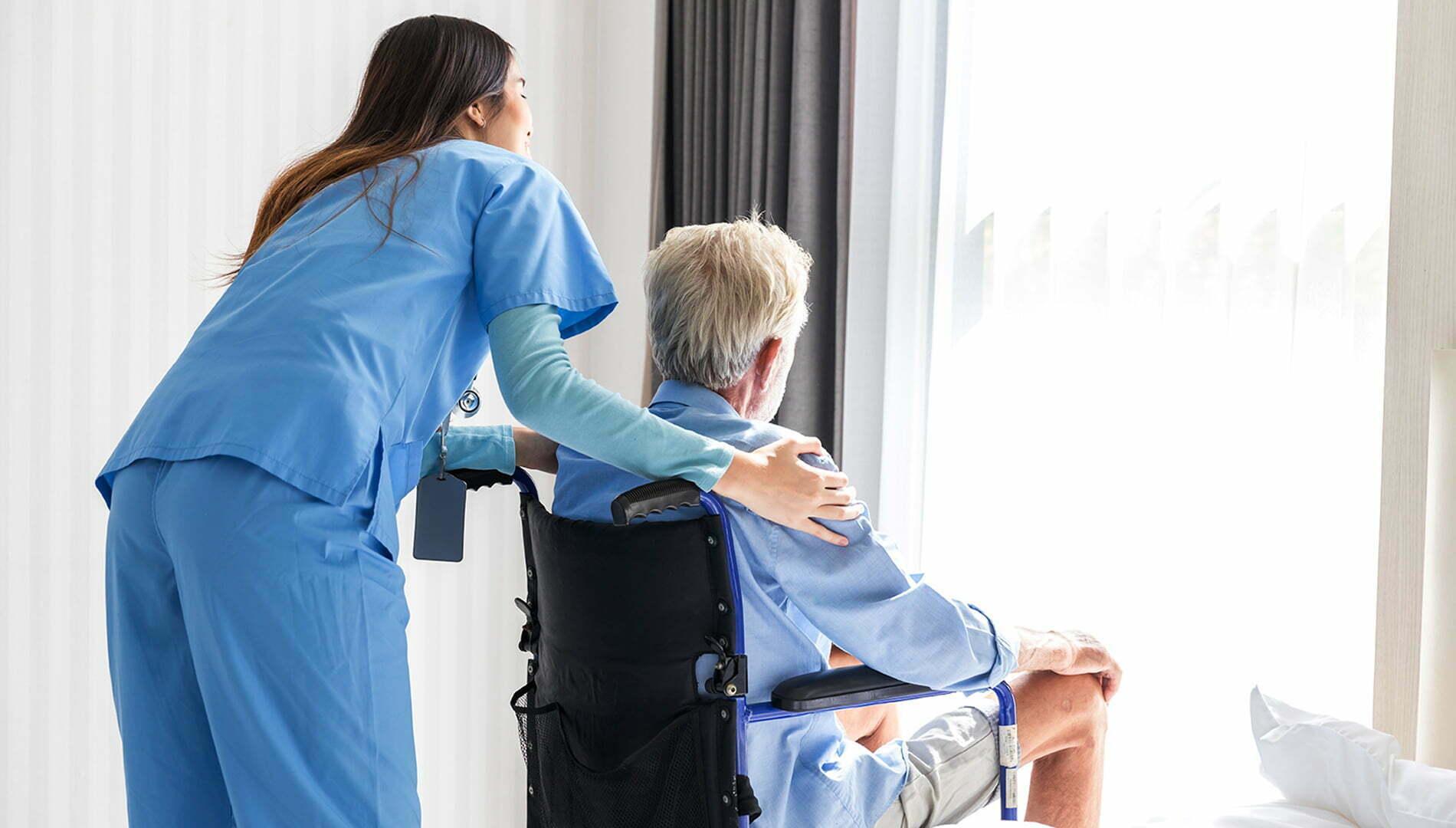Published: 8th November 2021
If you have started commuting to work by bike this year, you have no doubt already felt the benefits of ditching four wheels in favour of two. However, now that the clocks have changed, the days become shorter and the temperatures dropped, sustaining the motivation to keep riding into work can be difficult. But stick at it, the benefits speak for themselves. Staying fit year-round, saving money on travel expenses, improving your body’s immunity and boosting your mood in the dark winter months are just some of the reasons to keep commuting.
In this article, we are going to look at the changes you can make so that your winter commute is just as good as your summer one. Sure, the sun might not be on your back but it’s still far better than the stressful, congested, germ-ridden alternatives.
Make sure your bike is ready
The first thing to do is prepare your bike for the winter conditions. That means ditching the lightweight road racer and kitting out a commute-ready ride. A frame with a slightly more comfortable geometry and greater clearances so that you can fit wider tyres is ideal. There’s also no reason not to fit some long mudguards onto your bike. These will protect your clothes and your luggage from nasty road grit and puddle spray. They might not look cool, but turning up at work soaked and covered in muck is far less cool.
See and be seen
The most important thing you can do to prepare yourself for winter commuting is invest in a decent set of lights and some reflective kit. Now that the clocks have changed, your commute back from the office will be in the dark and, if it’s not already, so will the ride in before long. As well as your standard white and red flashing lights to be seen by traffic, you will also need a powerful front light to illuminate the road ahead – this is particularly important for those of you whose routes take you away from streetlights. It’s also well worth investing in reflective kit, and patches for your gloves, luggage and jacket arms, so that road users can see your entire shape rather than just a blinking back light. An extra ride-saving tip is to keep a charger cable in the office so that you can be doubly sure that your lights have enough juice to survive the ride home.
Layer up
Layering up is important as it will help keep your core temperature at a good level, i.e. comfortable. The key is finding the apparel that works for you so that you don’t get too cold or overheat. If you commute in cycling specific kit, a warm base layer, waterproof jacket and winter bib tights are valuable bits of clobber. Alternatively, if you prefer cycling in your ordinary clothes, protect them with a decent pair of waterproof trousers and a reflective, water-resistant jacket. And remember that you’ll need to be prepared for changes in conditions between the beginning and end of the day, which means keeping a lightweight rain cape in your bag with a pair of long-fingered gloves and a buff or neckwarmer. Finally, if you only pack one spare item, make it a pair of dry socks.
Keep spare clothes at work
Leave some spare clothes, including underwear, at work so that you’re not caught out if you have a particularly wet and muddy ride in – make sure you can still look presentable in that important meeting. We’ve already suggested leaving a charger cable in your desk, but how about another set of lights, a puncture repair kit and a spare pair of shoes as well? Cycling to work has a positive effect on our productivity, just don’t forget the work part…
Protect your extremities
When the temperatures drop, the most important parts to keep covered and warm are your hands, feet and head. This is because you lose the majority of your body heat through these extremities. Wearing some wind-proof gloves, ear-covering cycling caps that are designed specifically for cold weather, and overshoes will protect your most important areas.
Fuel at your desk
Cycling in winter is hungry work so staying on top of your nutrition at the office can be difficult. It’s all too easy to reverse the benefits of your ride by reaching for the vending machine, but these treats will only sustain you for a short period. Instead, fill your desk drawer with slow-release snacks, energy bars and fruit, and eat them throughout the day so that you will be well fuelled for the return journey. These foods will also make you more productive and hopefully prevent you from falling asleep at your desk because you’ve tired yourself out on the ride in.
Upgrade your bags
Luggage is a really important thing to upgrade for winter commuting. You may be able to get away with a lightweight bag through the summer, but you will certainly need to invest in a water-resistant bag, or a waterproof cover at the very least, in time for the wet winter months. This will protect your clothes and laptop from the elements, and offer a little extra reflective bonus so you’re more visible to road users.
Be assertive but make a judgment call
There’s a higher risk of punctures at this time of year as there’s a lot more grit on the roads, so it’s important to ride with confidence and slightly further away from the curb – be confident and own your space. It’s also important to judge the conditions before you ride. If it’s torrential rain, icy or seems unsafe in any way, it may not be worth the risk. Ride with extra caution, leave yourself more time or even take public transport instead to avoid these dangers. Don’t worry, you won’t undo your hard work on one bus ride, far from it.
Making these changes to your route, kit and ride patterns will allow you to thrive through winter and set you up for a glorious, healthy spring at the other end. Sure, commuting in summer can be a glorious experience, but no one wants to be known as a fair-weather cyclist, right? Join the hardcore club and keep cycling to work through winter.
As always, we wish everyone safe travels, however, if you or any of your family or friends are involved in an accident on the roads and require legal assistance from a Top Tier Legal 500 rated law firm, please do not hesitate to contact us. We can also be contacted on 0330 058 0377 for a free, confidential, conversation with a qualified serious injury solicitor. Alternatively, please send us your contact details to enquiry@seriouslaw.co.uk and we’ll call you back. All enquiries are free and confidential.











